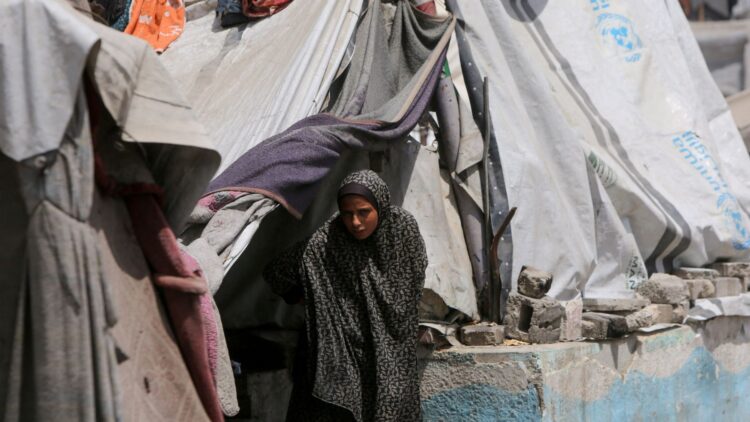The Gaza ceasefire has reached a decisive moment with the latest negotiations. Israel and Hamas are under intense international pressure to find a viable path to peace. There has been a military escalation, which threatens to further aggravate the current humanitarian crisis, and global powers are moving to prevent a prolongation of the conflict. In this scenario, every detail of the talks could determine whether there will be real progress or just another round of standoffs between the two nations.
What is the proposal under analysis and its immediate challenges?
Israel is studying Hamas’ response to a Gaza ceasefire proposal for a 60-day truce and the release of half the hostages still held in the enclave, two Israeli officials said on Tuesday, although one source reiterated that all Israeli captives must be freed for the war to end. Efforts to pause the fighting gained new momentum over the past week after Israel announced plans for a new offensive to seize control of Gaza City at the heart of the enclave.
Mediators Egypt and Qatar have been pushing to restart indirect talks between the sides on a U.S.-backed ceasefire plan. The proposal includes the release of 200 Palestinian convicts jailed in Israel and an unspecified number of imprisoned women and minors, in return for 10 living and 18 deceased hostages from Gaza, according to a Hamas official.
Two Egyptian security sources confirmed the details, and added that Hamas has requested the release of hundreds of Gaza detainees as well. Israel says a total of 50 hostages remain in Gaza, 20 of them still alive. “Israel’s policy is consistent and has not changed. Israel demands the release of all 50 hostages in accordance with the principles established by the cabinet for ending the war. We are in the final decisive stage of Hamas and will not leave any hostage behind,” an Israeli political source said. The comment, while adamant, fell short of an outright rejection of the proposal on the table.
The role of discussion mediators
Prime Minister Benjamin Netanyahu was expected to convene discussions about the ceasefire proposal soon, the two Israeli officials said. A response was expected in the coming two days, said a Palestinian source close to the talks.
Qatar’s Ministry of Foreign Affairs spokesperson Majed Al Ansari said the 60-day truce deal would include “a pathway to a comprehensive agreement to end the war.” The proposal includes a partial withdrawal of Israeli forces, which presently control 75% of Gaza and the entry of more humanitarian aid into the enclave, where a population of 2.2 million people is increasingly facing famine.
Israel had previously agreed to the outline, advanced by U.S. special Middle East envoy Steve Witkoff, but negotiations faltered over some of its details. The last round of talks ended in deadlock in late July.
Impasses over prisoners and humanitarian conditions
One of the main points of contention between the nations is related to the number and profile of Palestinian prisoners, whose release is demanded by Hamas. Israel limits exchanges to specific cases, including women and minors. But the Palestinian movement seeks to significantly expand this list. This expectation complicates the progress of the agreement and reflects how the prisoner issue resonates within Palestinian society, thus carrying political weight for both leaders.
Perspectives and next steps for the conflict
The current stage of talks between the nations is seen as one of the most concrete opportunities for a ceasefire in recent months, despite some resistance between the two. With the support of mediators, especially Egypt, Qatar, and the United States, it is possible to overcome any obstacles that arise in this dialogue. The question remains whether the countries truly see the truce as a bridge to a long-term agreement or merely a strategic pause.
GCN.com/Reuters


